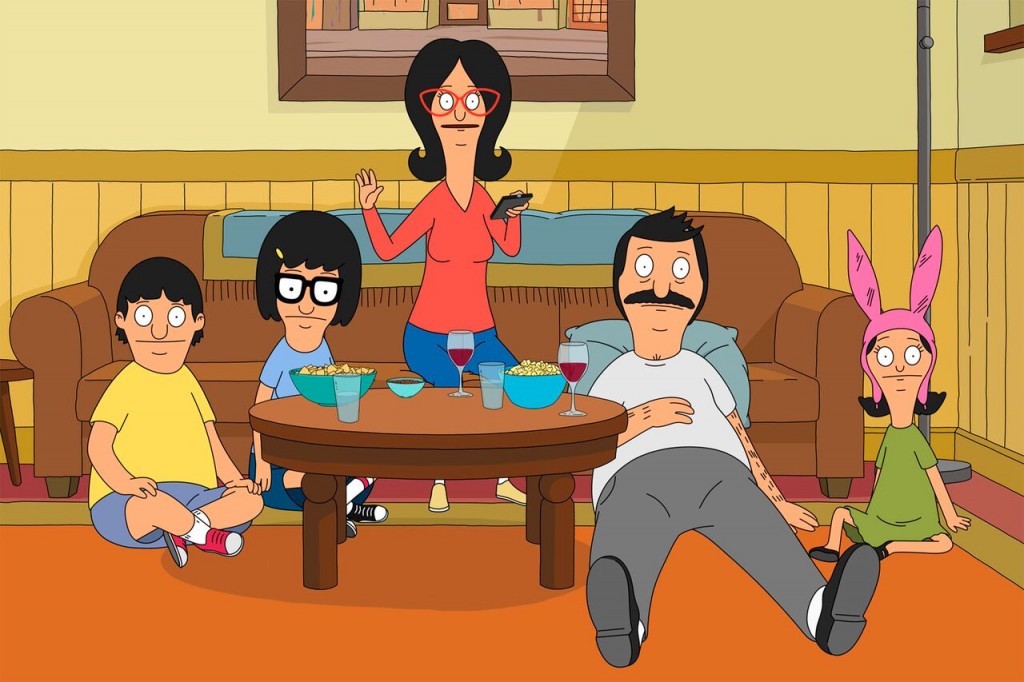
New tropes for a new generation
By Mercedes Deutscher, Social Media Coordinator
Up until the last eight years, adult comedy was more or less the same.
I’m sure at some point over their life, everyone has seen an episode of The Simpsons, Futurama, Family Guy, American Dad, or South Park. These titles shared similar tropes—they starred buffoon characters with little concern on how their actions affected the people around them. Hell, Seth McFarlane put out three shows with the exact same story (idiot dad, attractive wife, misunderstood older daughter, naive son, diabolical baby/fish, sharp-witted creature of some sort). Two of them are still airing.
These series focused on topical issues of the time in the name of social commentary. Some shows occasionally have even done a good job of it. Family Guy once had a great take on atheism. Same with King of the Hill and voting. South Park has hit the nail on the head countless times. But for countless other episodes, time has not been kind to these episodes as they fade into irrelevancy.
So where do newer titles fit in to the adult animation spectrum?
Rick and Morty. BoJack Horseman. Archer. F is for Family. Bob’s Burgers. These are all animated series intended for mature audiences. They have all been released since 2009. They have all accrued a large and growing fan base.
These titles are challenging the way we view adult animated comedy and break the tropes that we’ve grown to expect from the genre.
For one, some of these shows tackle different stories completely. Archer is set in a controversial spy agency and Bojack Horseman is set in celebrity culture. Others build on the settings that have already been used. Rick and Morty combines the family trope with sci-fi. Bob’s Burgers features a family business run by a family that is actually fairly functional. F is for Family takes place in the ’70s and criticizes the past in an entertaining way.
The characterization in these newer shows is fantastic. Time seemingly moves forward. People have real aspirations and don’t remain static in time. You see actual development that lasts.
Gone is the cookie-cutter housewife. Instead we have strong women. We have badass working moms in environments where men tease or discourage their work. They are smart, socially conscious, and unafraid to stand their ground. Women who are afraid, nervous, outrageous, and even diabolical.
Male characters are written with more depth. Rick Sanchez is a genius, even if his intelligence comes at the expense of his morality. Fathers who sometimes make the wrong choices, but ultimately want the best for their family. BoJack and Archer are assholes, but not without reason—they are flawed characters with complicated childhoods and access to pretty much anything they want.
While past shows seemed to cater to the lowest common denominator, newer shows tend to balance ridiculous comedy with heavy themes. They still touch on social commentary, but with more range than in the past. Depression and hopelessness are common themes, and it resonates hard with millennial audiences who often feel the same. These shows tackle sexism, racism, abuse, and countless other issues on a consistent basis. They also don’t make a huge deal out of topics that were previously considered taboo.
Audiences no longer need silly families or groups to laugh at. They need someone who feels the same as they do. What was missing was the aspect of what makes us all human. We relate to an anthropomorphic horse and a wild scientist because they remind us of ourselves. Maybe it’s not always in the best ways, but these traits are traits shared—and it hits hard.


